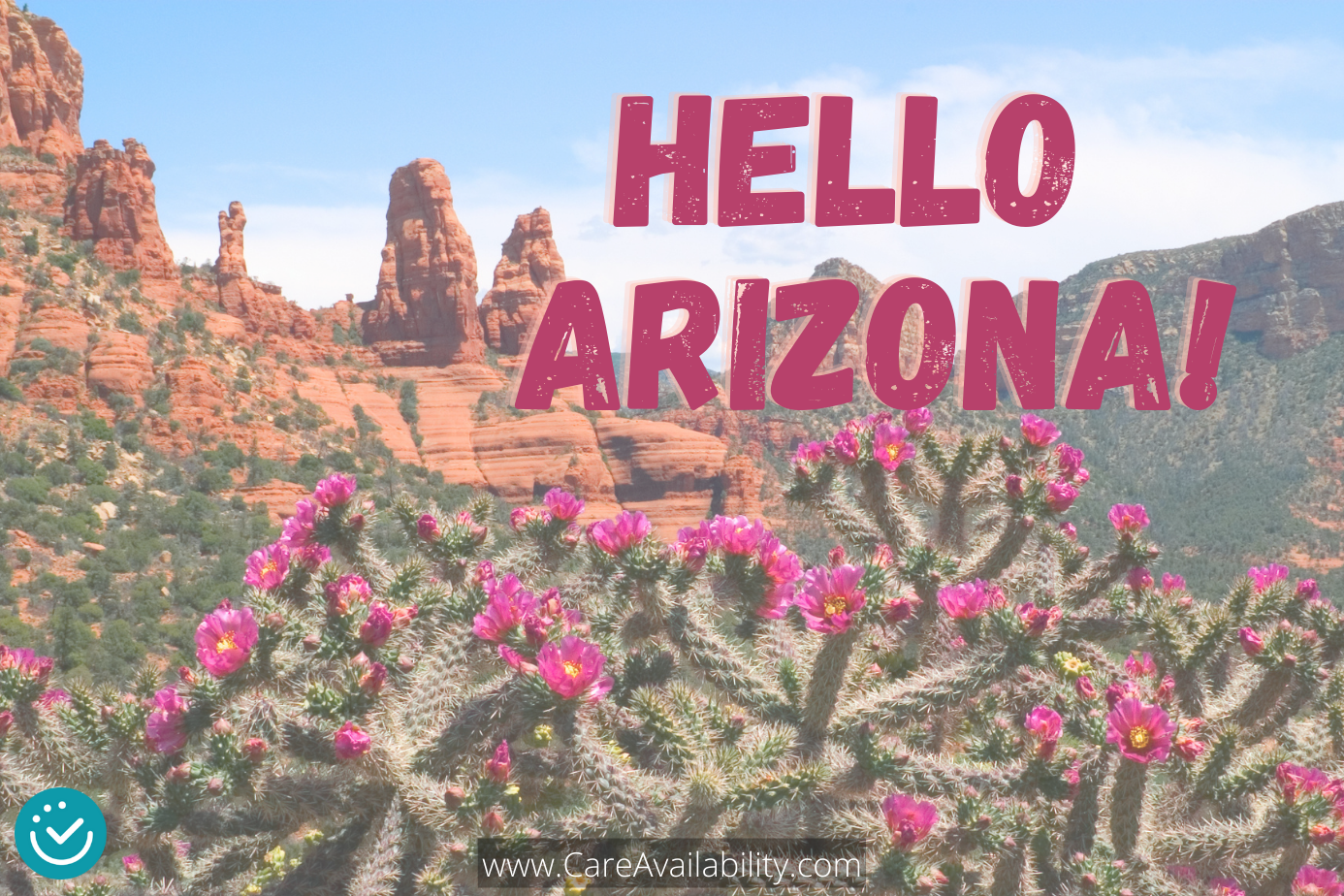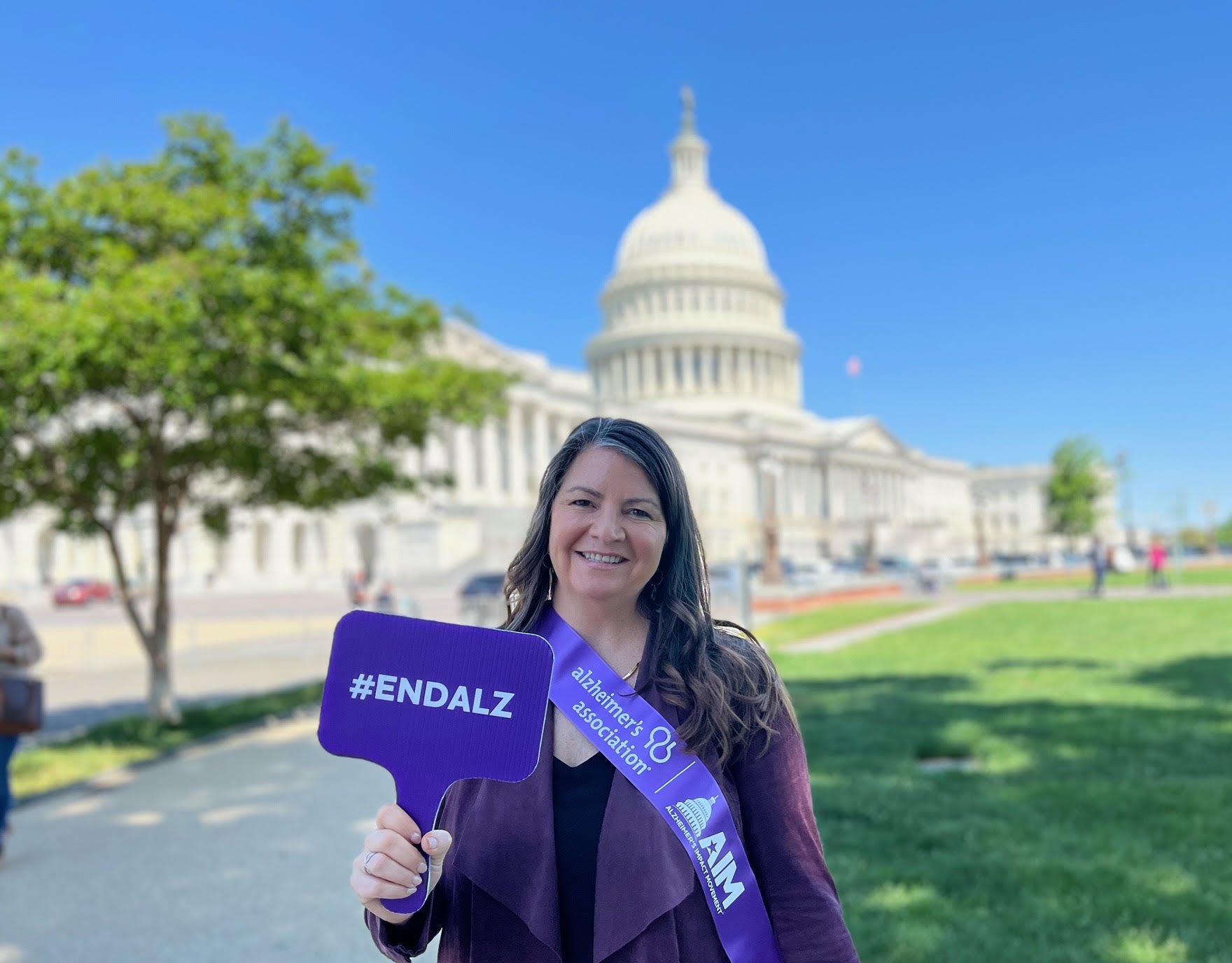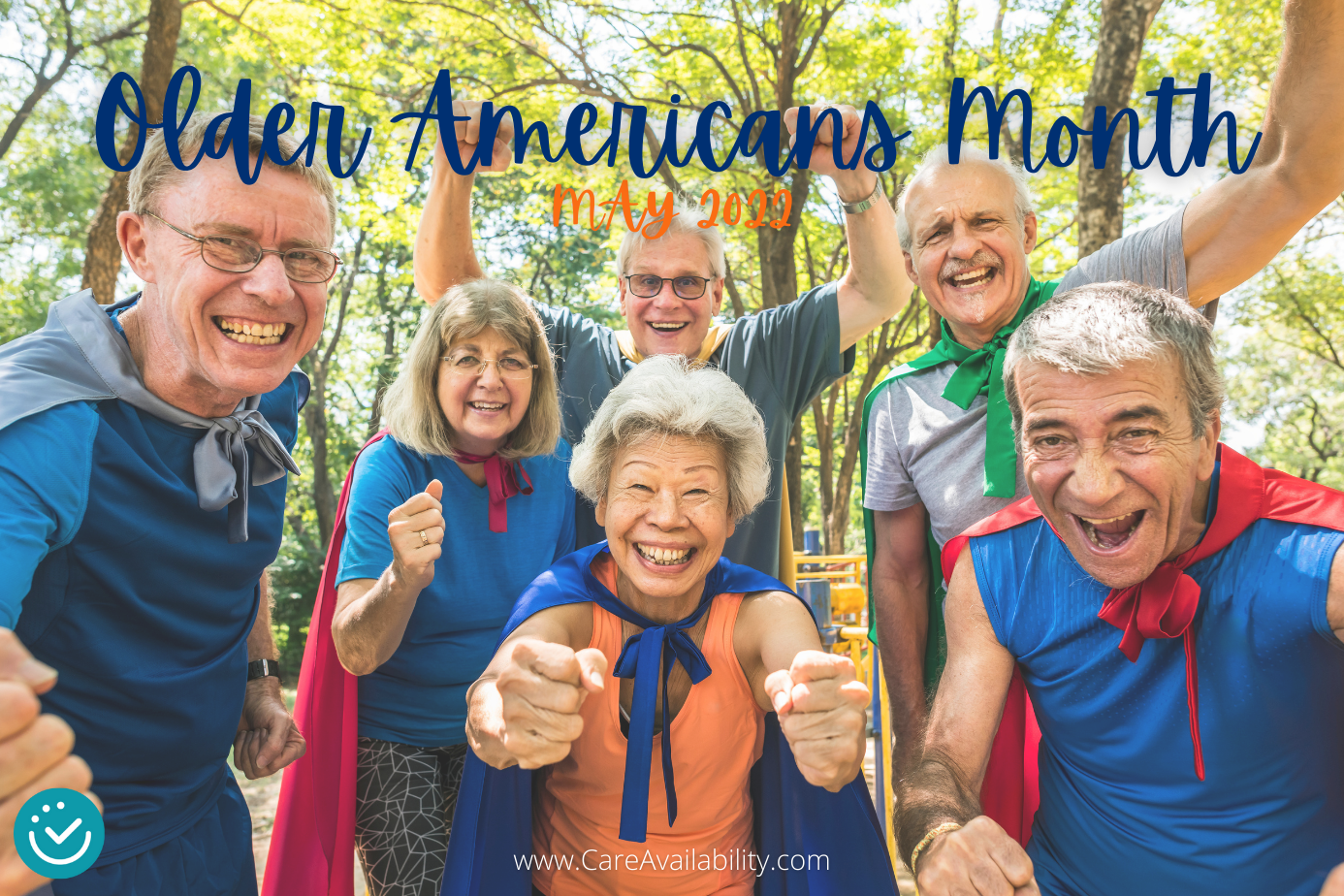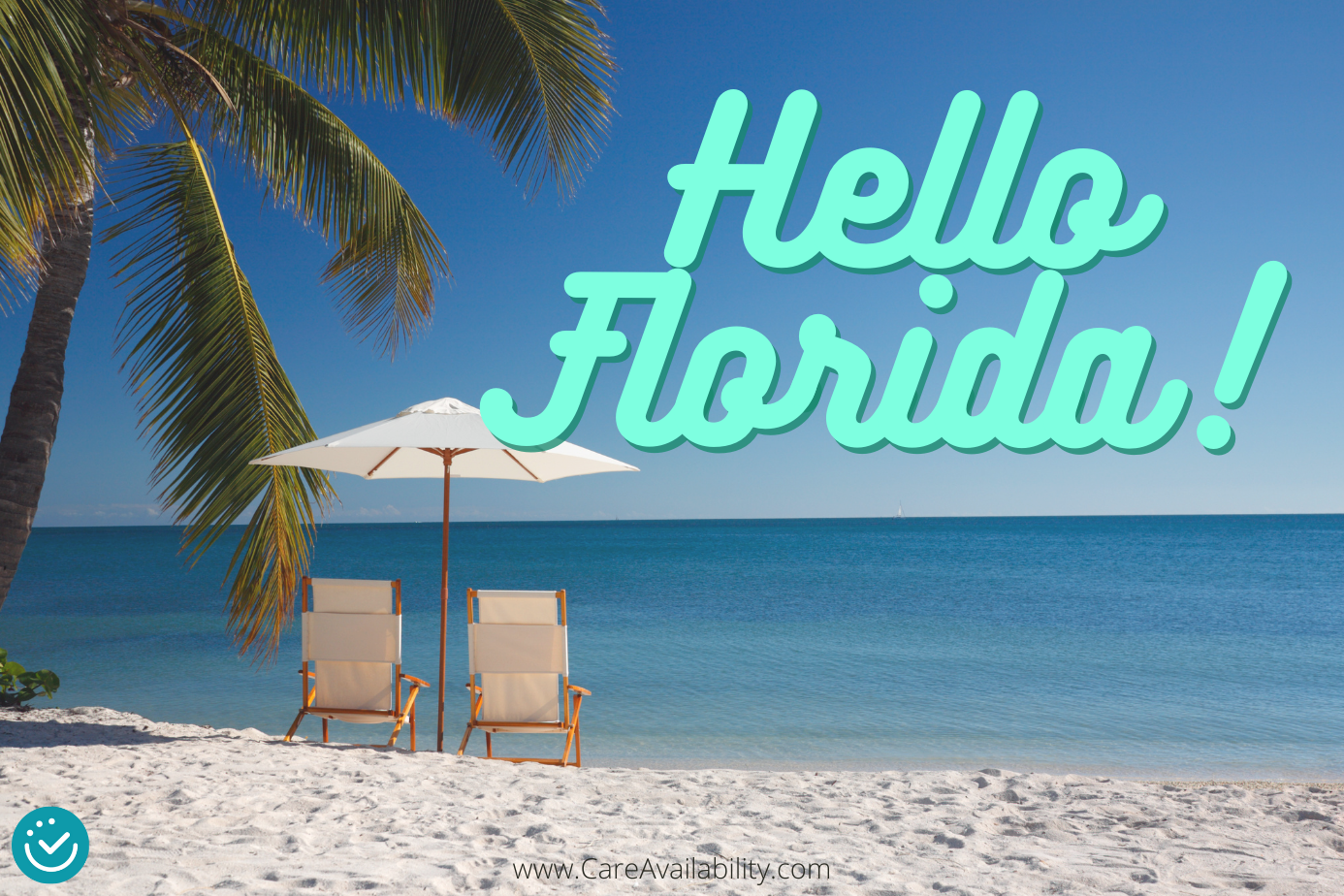CareAvailability site expands into South Carolina to help families navigate an additional 1,675 care and senior housing options
CareAvailability has continued its expansion into South Carolina, providing a new industry standard of real-time availability of senior housing options in the South. The site offers a new and improved method of searching for senior care as the first and only website that delivers real-time reporting of availability to the minute. The site first launched in Oregon during the COVID pandemic and is quickly expanding across the country, now providing new resources for South Carolina seniors and caregivers looking to connect with providers.
CareAvailability is the only online resource that lists every provider for free and allows them to update availability at no cost as often as possible. Seniors are able to search the site seamlessly without having to provide any personal details, significantly increasing Family and Patient Freedom of Choice.
Senior advocates and health professionals utilize CareAvailability to construct comprehensive lists of care options, while allowing seniors and loved ones to easily navigate all necessary levels of care. Providers can easily monitor this single resource, allowing them to post real-time availability in one place to avoid the costs of multiple pay to play sites. CareAvailability is an easy one-stop resource, as it does not charge hospitals, physicians, health clinics, social workers or any health team for their services. Medicare Ratings are also included to support Patient Freedom of Choice.
CareAvailability serves to relieve the trying time of finding care for a loved one. With all locations and levels of care listed, users can easily self-navigate without making multiple phone calls. The site also provides educational articles to determine the necessary service for the user, as distinguishing between types of care can be overwhelming.
CareAvailability’s expansion to South Carolina means an additional additional 1,675 providers are now listed in our database of resources. This includes more than: 475 assisted living communities, 190 skilled nursing facilities, and over 1,030 home care, home health, and hospice agencies.
Fun Facts about South Carolina
South Carolina is nicknamed The Palmetto State, after the state tree, the Sabal Palmetto tree. During the Revolutionary War, Palmetto trees were utilized by the South Carolina militia to absorb and negate the force of the British cannonballs. A Palmetto tree can be found on the state flag for South Carolina as well.
The state motto of South Carolina is “Dum Spiro Spero” meaning “While I breathe, I hope.”
About CareAvailability
CareAvailability is a website dedicated to helping seniors, their families, and healthcare professional find care in real time. Specific questions can be directed to the CareAvailability Team’s contact page or connect with them on Facebook.









